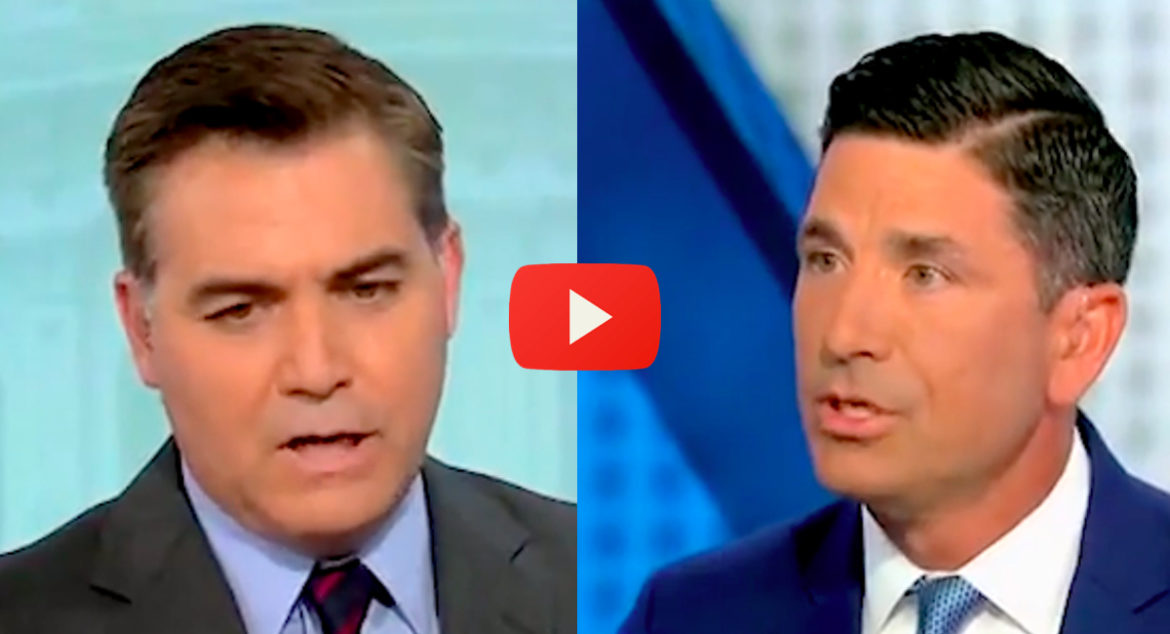Election integrity is not a new issue at all. It is as old as elections, which means that it goes back many hundreds of years. From the very onset of democratic elections, there have been many calls for protecting the integrity of the elections. Plain and simple, it is easier to cheat in elections than it is to win the elections outright. So, cheating has and continues to exist. But is it indeed a widespread problem that actually sways elections?
The number of people who vote in an election is a major factor in every election. Getting people out to vote is a major challenge of every party. But in the 2020 election, that one factor took on an entirely different dimension. One did not need to stand on line in order to vote. Their were drop boxes that were available for people to vote without taking the risk of exposure to the coronavirus. This seemed like a wise move in order to encourage voting by the more at-risk populations.
But, of course, this opened up the prospect of widespread cheating also. Once their were drop boxes, there was an obvious breach that could have been used to “dump” tons of ballots into these drop boxes. The accusations abound that in a few critical districts of a few swing states, all of these drop boxes may have indeed held the difference between defeat or victory for the Democrats. Perhaps. Perhaps not.
This will no doubt be argued for many decades. Donald Trump has made his opinion clear about this. But to dismiss the issue as mere conspiracy would be the same as dismissing that Mayor Daley’s “influence” in the 1960 election was a conspiracy, the Watergate break-in in 1972 was mere conspiracy, and the 2000 butterfly ballots in Florida were also a conspiracy. But, today, nearly everyone agrees that these three controversies were all legitimate gripes that impacted the elections. In 1972, Nixon won by a landslide, so the cheating was not a major factor in swinging the election. But in close elections, such as 1960, 2000, and 2020, a little bit of cheating may have indeed made all of the difference. If 500-750 Pat Buchanan voters in Florida actually intended to vote for Al Gore, but were confused by the ballot, Al Gore would have been President in 2000.
It is a big issue and a complex one as the United States of America has significantly different rules in different states. But this is one of those rare issues that Republicans and Democrats should be able to agree on. Election integrity is to the advantage of everyone. It is not only right and fair. It is at the very core of what democracy is all about.


